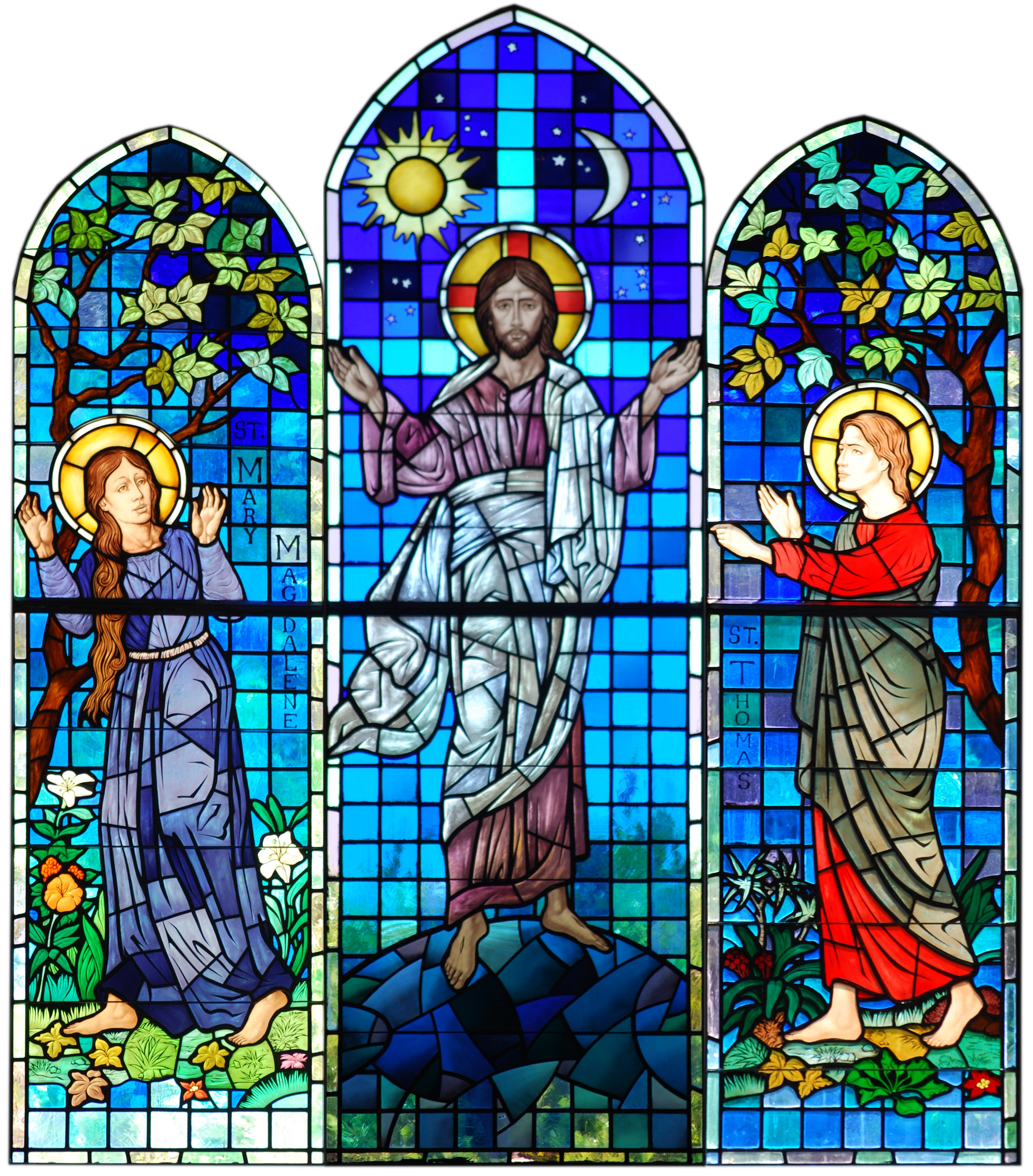When I was a student activities director at the University of Vermont, a graduate assistant I supervised gave me a sign that said, “She knew if she spoke the truth then the facts would change.” Now a treasured possession, the sign reminds me to always remember the current truths that have created life-giving and life-limiting realities. The first step in reconciliation work of any kind is to tell the truth. The community gathers to remember the harm done from their perspective. And through deep listening and acknowledgment of harm, we can then build a more just and equitable community.
As we seek reconciliation not only with each other but also with God’s creation, we must engage in similar work. I have long admired our Pastors and Disasters Toolkit from Episcopal Relief & Development because it starts with this act of memory. A group of people walk around the community and speak with elders, remembering where disasters have happened in the past. By remembering the truth and acting on it, the fact that monsoons wipe out food supplies changes.
Remembering is a sticky process; it is not reliable. Today we call those who remake truth and purposely misremember, gaslighters. The Chicks’ album by this title remembers a divorce and the lessons learned by this tragedy. I love the way the song reflects our communal experience of loss through laughter, tears, communal support and a bit of dance.
What hard truths and memories will heal you and your community?
—Tamara Plummer
Saints, share your personal REFLECTIONS here:

 Lent Reflection – March 11th 2021
Lent Reflection – March 11th 2021
 Lent Reflection – March 11th 2021
Lent Reflection – March 11th 2021
When I was a student activities director at the University of Vermont, a graduate assistant I supervised gave me a sign that said, “She knew if she spoke the truth then the facts would change.” Now a treasured possession, the sign reminds me to always remember the current truths that have created life-giving and life-limiting realities. The first step in reconciliation work of any kind is to tell the truth. The community gathers to remember the harm done from their perspective. And through deep listening and acknowledgment of harm, we can then build a more just and equitable community.
As we seek reconciliation not only with each other but also with God’s creation, we must engage in similar work. I have long admired our Pastors and Disasters Toolkit from Episcopal Relief & Development because it starts with this act of memory. A group of people walk around the community and speak with elders, remembering where disasters have happened in the past. By remembering the truth and acting on it, the fact that monsoons wipe out food supplies changes.
Remembering is a sticky process; it is not reliable. Today we call those who remake truth and purposely misremember, gaslighters. The Chicks’ album by this title remembers a divorce and the lessons learned by this tragedy. I love the way the song reflects our communal experience of loss through laughter, tears, communal support and a bit of dance.
What hard truths and memories will heal you and your community?
—Tamara Plummer
Saints, share your personal REFLECTIONS here: